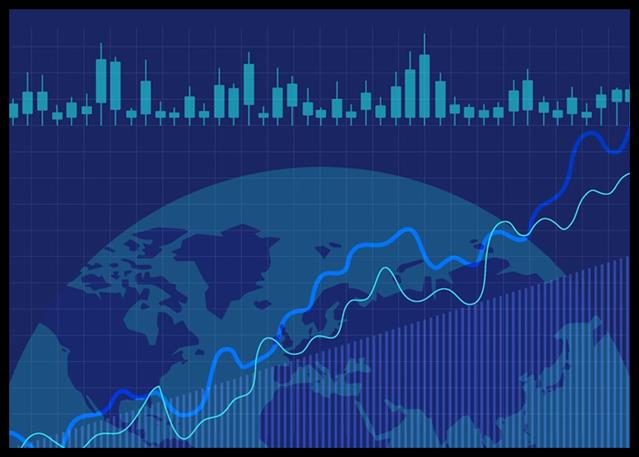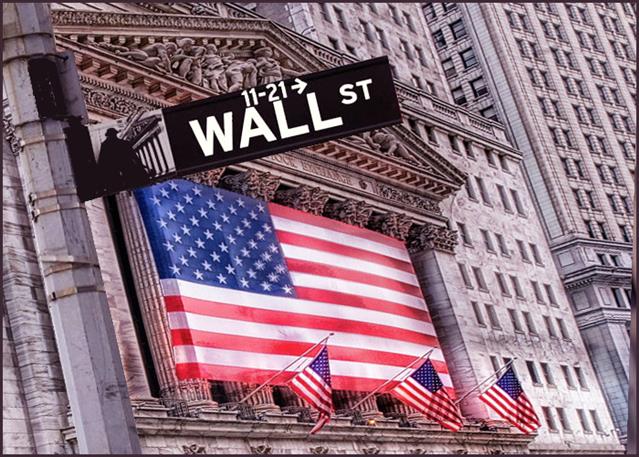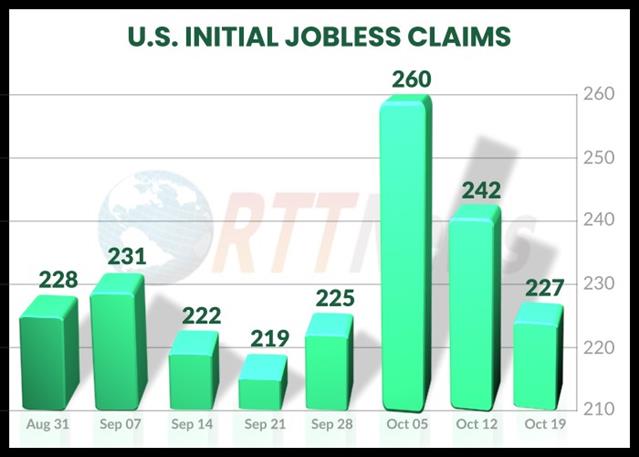With a decrease in sales by motor vehicle and parts dealers offsetting increases in sales by other retailers, the Commerce Department released a report on Wednesday showing U.S. retail sales unexpectedly came in flat in the month of April.
The Commerce Department said retail sales were virtually unchanged in April after climbing by a downwardly revised 0.6 percent in March.
Economists had expected retail sales to rise by 0.4 percent compared to the 0.7 percent increase originally reported for the previous month.
“Consumer spending is slowing as elevated interest rates weigh on rate-sensitive spending and as the labor market cools,” said Michael Pearce, Deputy Chief U.S. Economist at Oxford Economics. “With aggregate balance sheets solid and the labor market cooling rather than collapsing, we expect that slowdown will remain gradual.”
He added, “The resilience of the economy frees the Fed to focus on the incoming inflation data to guide its rate decisions, which we think will improve over the coming months and prompt the Fed to begin gradually easing rates beginning in September.”
The report said sales by motor vehicle and parts dealers slid by 0.8 percent in April following a 0.3 percent dip in March.
Excluding the decrease in sales by motor vehicle and parts dealers, retail sales edged up by 0.2 percent in April after jumping by 0.9 percent in March. The uptick matched economist estimates.
The modest increase in ex-auto sales partly reflected a spike in sales by gas stations, which soared by 3.1 percent during the month amid higher gasoline prices.
Sales by clothing and accessories stores and electronics and appliance stores also saw notable growth, while sales by non-store retailers pulled back sharply after surging in the previous month.
“The fact that retail sales growth stalled in May is not a major concern since it mostly reflects a drop back in nonstore sales following the end of a one-off Amazon sales event that boosted April sales,” said Pearce.
Meanwhile, the report said core retail sales, which exclude automobiles, gasoline, building materials and food services, fell by 0.3 percent in April after jumping 1.0 percent in March.















